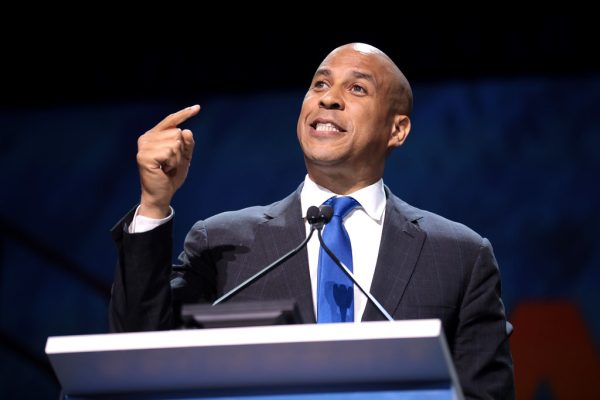California city tries universal basic income
Stockton is a town in California that is very close to Silicon Valley. Its proximity to the home of technology giants has increased housing prices. Stockton’s location also spelled disaster for the town’s job market.
This is because jobs offered in the Silicon Valley create opportunities for two kinds of workers: those who are highly skilled and those who are automated machines. Furthermore, in 2012, the town declared bankruptcy. To sum, Stockton’s economy has been suffering.
In an effort to help the people struggling in his town, Mayor Michael Tubbs began to push for a universal basic income (UBI). As a result, the Stockton Economic Empowerment Demonstration (SEED) is starting this year.
Time.com describes SEED as an “experimental program [that] will pay $500 a month to a few hundred of the city’s low-income residents, no strings attached.”
SEED will be recording how recipients spend their $500 as well as how their self-images are affected by UBI.
Surprisingly, the tech giants who caused Stockton’s economic turmoil are the ones funding SEED.
Time.com reports that Facebook CEO Mark Zuckerberg supported the idea of UBI in a speech to Harvard University in 2017.
Additionally, “another Facebook executive who supports providing people with free money and no restrictions is Chris Hughes, who personally donated $1 million to the Economic Security Project, a program he co-chairs, which will provide funding for Stockton’s program to get off the ground this year,” according to time.com.
If SEED is successful, it could pave the way for a future predicted to struggle with massive job loss as jobs become increasingly automated.
The idea of UBI is not a new one. It began with with Enlightenment philosophers Thomas More and Thomas Paine during the 17th and 18th centuries. Under the Nixon administration, UBI was tested out in a few cities. In more modern times, Finland and Canada have both been testing UBI programs.
Your donation will support the student journalists of Sycamore High School. Your contribution will allow us to purchase equipment and cover our annual website hosting costs.







